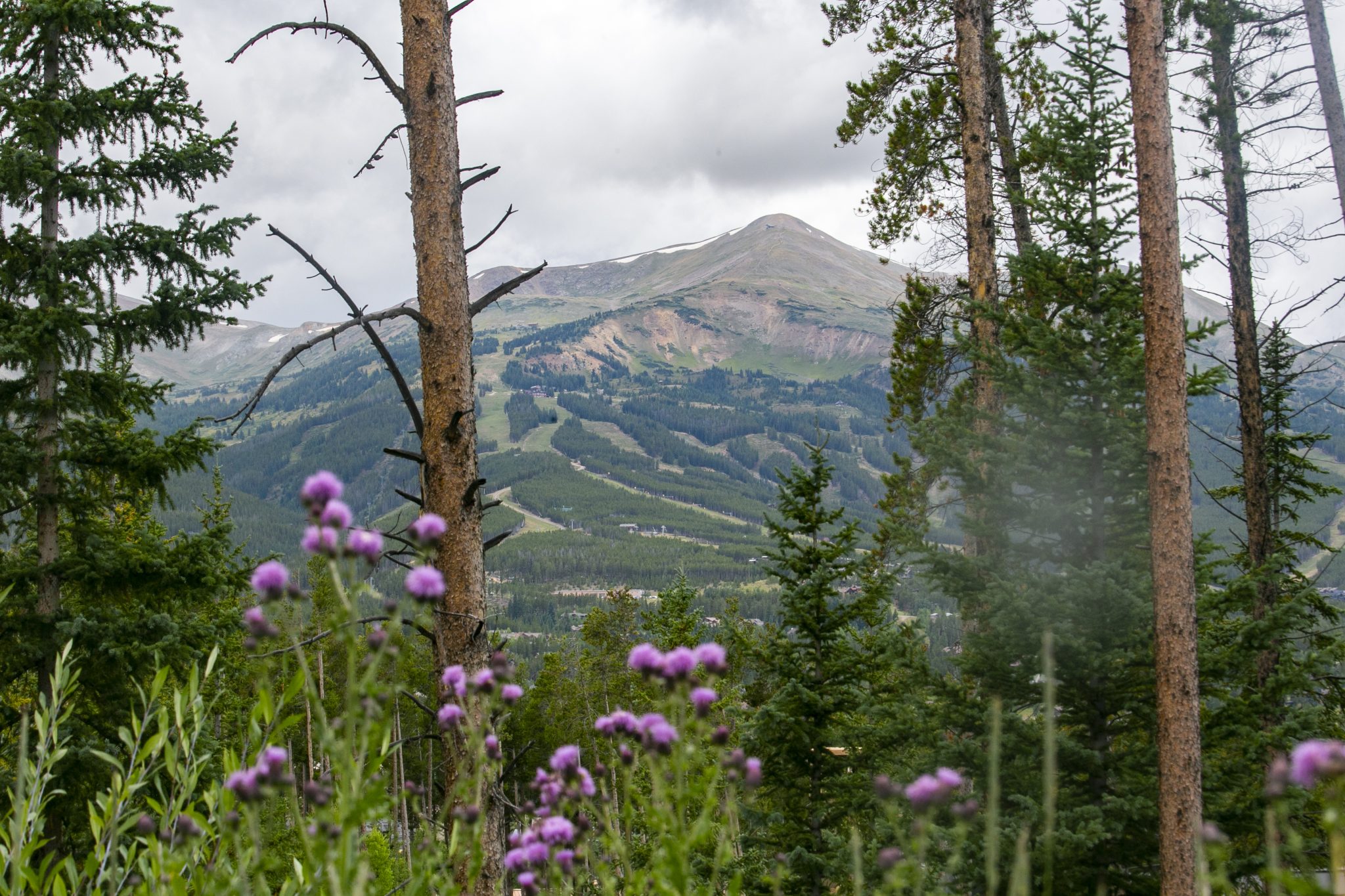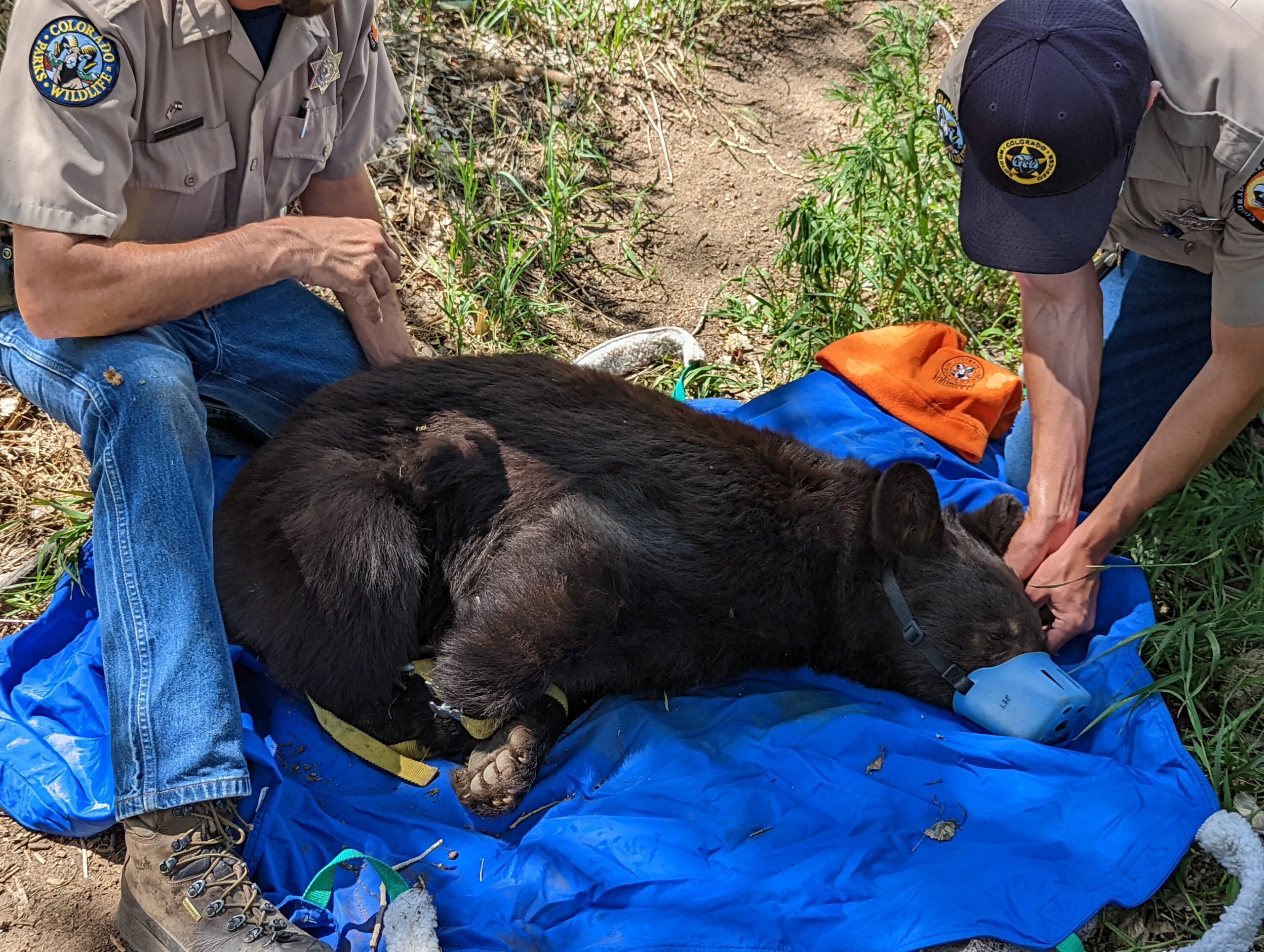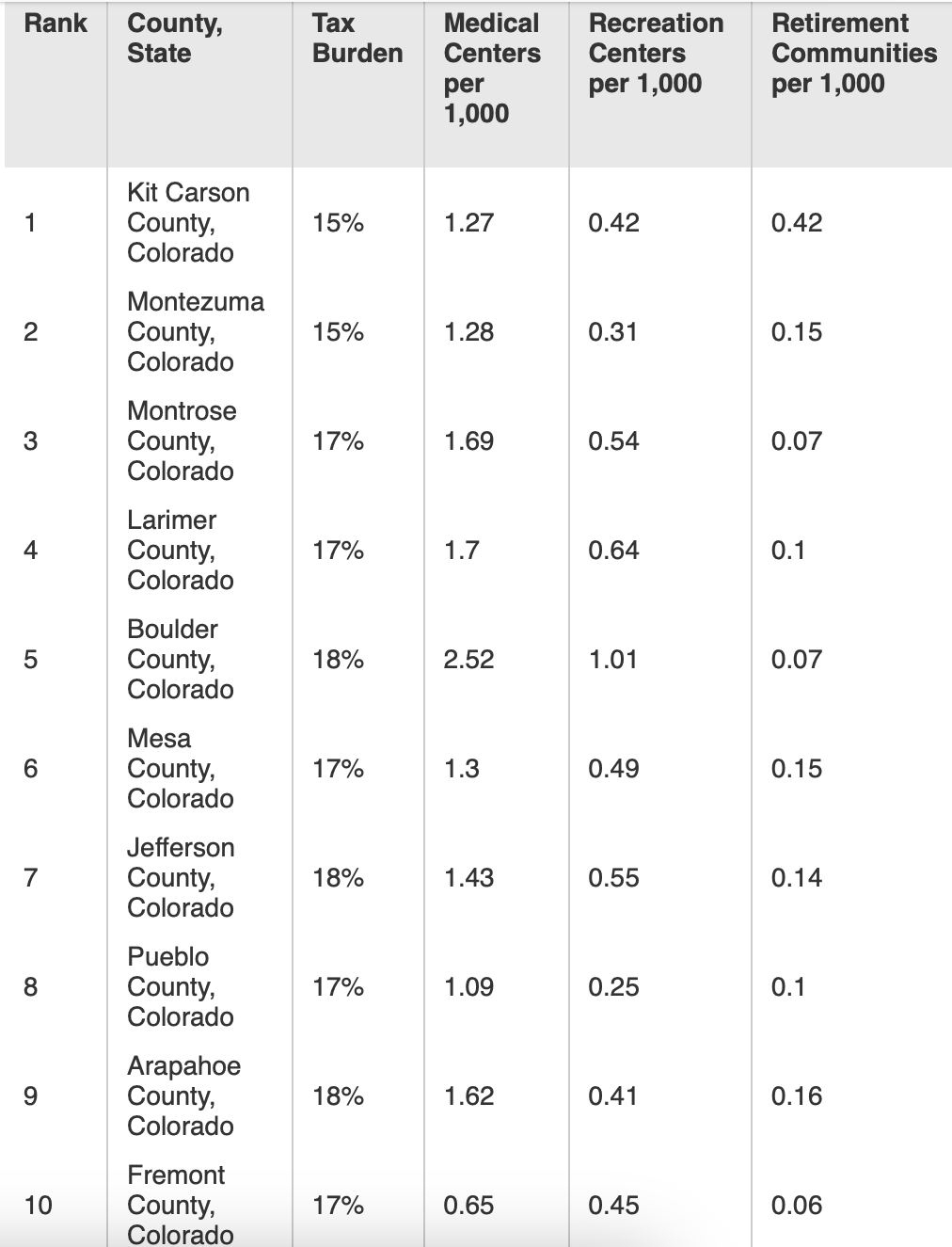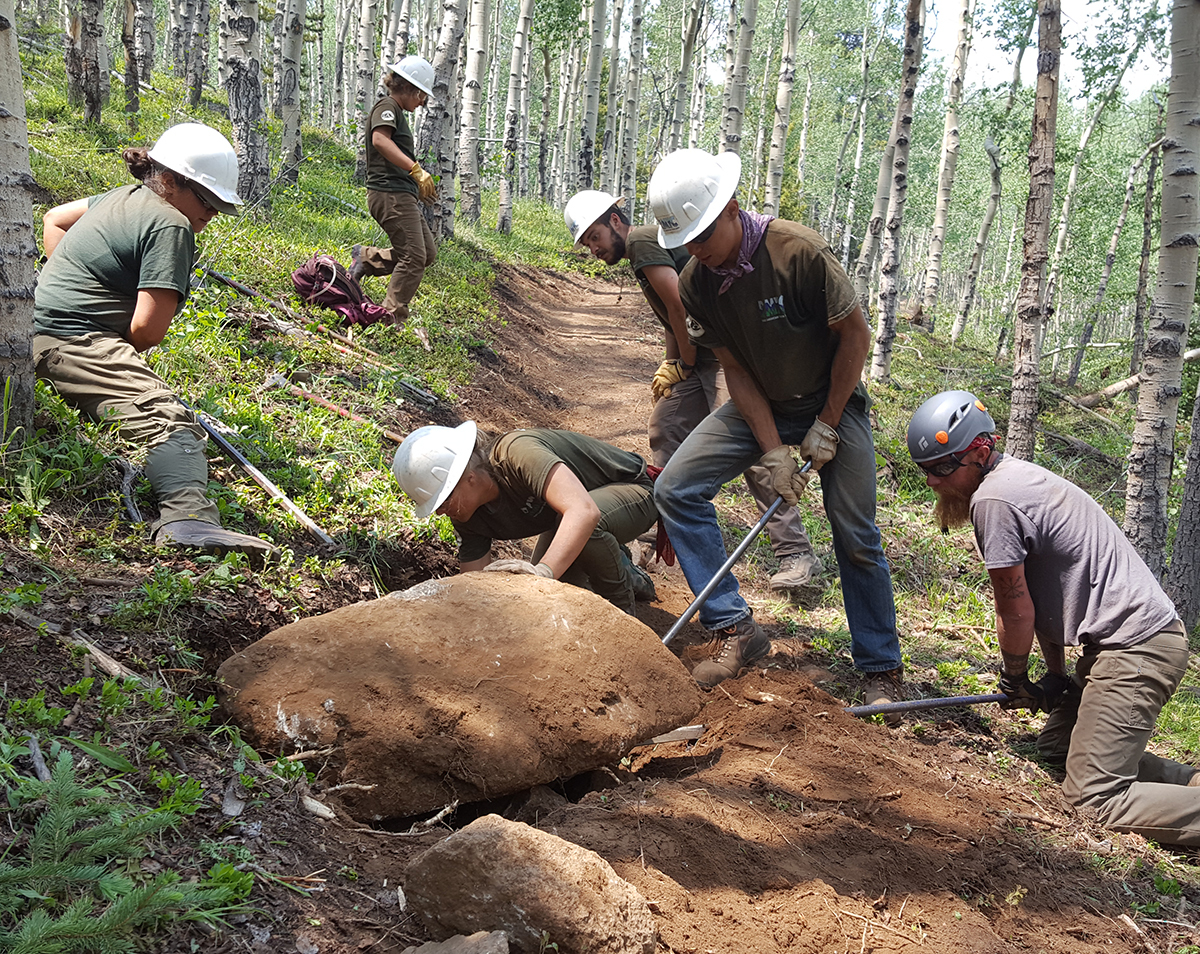DENVER – From August 21 – September 29, 2023, organizations helping instill a sense of wonder, excitement, and responsibility for the environment in Colorado youth can apply for financial support from the Colorado Outdoor Equity Grant Program (OEGP), which will award $2 million in Outdoor Equity Grants this December.
“Colorado is home to world-class outdoors areas, and we are making outdoor experiences more accessible for every Coloradan,” said Governor Polis. “By helping more Coloradans spend healthy time outside, explore new interests, and learn about the outdoors, more children will thrive and access the fun and bright future they deserve.”
The OEGP was created through HB21-1318 sponsored by Representatives Leslie Herod and David Ortiz and Senators Leroy Garcia and Sonya Jaquez Lewis, and works to increase access to outdoor opportunities for all Coloradans. Through funding from the Colorado Lottery, the OEGP has invested over $3.1 million in grants supporting environmental learning opportunities, outdoor education, exposure to career pathways, public health, and outdoor fun for underserved youth and families.
“Colorado Parks and Wildlife is enthusiastic about supporting organizations across the state who are inspiring the next generation of outdoor stewards,” said CPW Director Jeff Davis. “We’ve received a tremendous response to this program since it began, and are excited to continue to invest in youth education and outdoor experiences through Outdoor Equity Grants.”
Nonprofits, government entities, school districts, for-profits, and federally recognized tribes that wish to increase outdoor access for traditionally excluded youth (including youth from low-income and communities of color, LGBTQ+ youth, youth who are members of Tribal Nations with historical ties to Colorado, and youth with disabilities) can apply for grants up to $100,000.
In order to continue to support quality outdoor experiences for youth Colorado youth, organizations who have previously received Outdoor Equity Grant funding may reapply this year. Organizations who have spent more than half of their previously-awarded funds, or who plan to do so by September 29, are eligible to apply.
“Though Colorado is known as a hub for outdoor experiences, our recreation and conservation spaces do not yet reflect our state’s population,” said Benilda Samuels, Outdoor Equity Grant Board member. “Positive experiences in the outdoors are paramount to building a sense of belonging and responsibility for the environment in youth who have never been introduced to these opportunities. Outdoor Equity Grants support healing, health, and learning in the outdoors for a diverse group of tomorrow’s conservation leaders, so that they can fully engage in the stewardship of our state’s lands, waters, and wildlife.”
“We encourage all organizations whose mission includes increasing access to the outdoors for youth to apply and help Colorado continue to build a welcoming, inclusive, and accessible outdoors for all,” said Colorado Department of Natural Resources Executive Director Dan Gibbs.
OEGP Board members, who were appointed for their experience with outdoor recreation, equity, and engaging the communities served with grant funds, will accept and review grant proposals from organizations that support outdoor activities and learning for Colorado youth; show cultural competence in working with a target population of the OEGP; demonstrate a commitment to justice, equity, diversity and inclusion; and propose to increase the capacity of the communities they serve in the outdoors and conservation. Organizations who show a deep commitment to and understanding of the youth they serve and who will help cultivate in youth a responsibility for the outdoors will be awarded grants on a competitive basis.
The OEGP Board is committed to providing funding to organizations that have traditionally been unable to apply for grant programs due to organizational barriers, and encourages organizations of all sizes and with diverse missions to apply. The board will provide applicant guidance through a virtual Q&A session for applicants on Thursday, August 31 at 10 a.m. The link to register for the Q&A session can be found on the OEGP website.
The Outdoor Equity Grant Program accepts applications for grants each fall. Last year, it distributed $3.1 million in funding to 69 organizations across the state. This year, the program will award approximately $2 million in grants. Beginning in 2024, the program will distribute approximately $2.75 million annually in Outdoor Equity Grants.
Groups can apply from August 21 – September 29, 2023. Find out more on the Outdoor Equity Grant Program website: https://cpw.info/outdoorequitygrant.
###
www.colorado.gov/governor
El Programa de Becas de Equidad en las Actividades al Aire Libre de la Administración de Polis y Parques y Vida Silvestre de Colorado distribuirán $2 millones para aumentar acceso al aire libre para jóvenes
DENVER – A partir del 21 de agosto – 29 de septiembre, las organizaciones que ayudan a inspirar la sensación de maravilla, el entusiasmo, y la responsabilidad para el medio ambiente en los jóvenes de Colorado pueden solicitar la ayuda financiera del programa de Becas de Equidad en las Actividades al Aire Libre de Colorado (OEGP, por sus siglas en inglés), que distribuirá $2 millones en becas este diciembre.
“Colorado es hogar de muchas áreas al aire libre reconocidas mundialmente, y estamos haciendo que las experiencias al aire libre sean más accesibles para todos los habitantes de Colorado”, dijo el gobernador Polis. “Al ayudar a más habitantes de Colorado a pasar el tiempo al aire libre, explorar el estado y aprender sobre actividades al aire libre, más niños prosperarán y tendrán acceso al futuro divertido y brillante que se merecen”.
El OEGP fue creado a través del Proyecto de Ley 21-1318 de la Cámarapatrocinado por los representantes Leslie Herod y David Ortiz y los senadores Leroy García y Sonya Jaquez Lewis, y aumenta el acceso a las oportunidades al aire libre para todos los habitantes de Colorado. A través de fondos de la Lotería de Colorado, el OEGP ha invertido más de 3,1 millones de dólares en subvenciones que apoyan a las oportunidades de aprendizaje ambiental, educación al aire libre, la introducción a las carreras profesionales, la salud pública, y la diversión al aire libre para los jóvenes y las familias desatendidas.
“Colorado Parks and Wildlife está entusiasmado de apoyar a las organizaciones en todo el estado que están inspirando a la próxima generación de administradores de nuestros recursos naturales”, dijo el director de CPW Jeff Davis. “Hemos recibido una tremenda respuesta a este programa desde que comenzó, y estamos muy contentos de seguir invirtiendo en la educación de los jóvenes y las experiencias al aire libre a través de becas de equidad en las actividades al aire libre.”
Las organizaciones sin fines de lucro, las entidades gubernamentales, los distritos escolares, las empresas con fines de lucro y las tribus reconocidas por el gobierno federal que deseen aumentar el acceso al aire libre para los jóvenes tradicionalmente excluidos ( incluyendo los jóvenes de bajos ingresos y las comunidades de color, los jóvenes LGBTQ+, los jóvenes que son miembros de tribus con lazos históricos a Colorado, y los jóvenes con las discapacidades) pueden solicitar subvenciones de hasta 100.000 dólares.
Para seguir apoyando las experiencias al aire libre de los jóvenes de Colorado, las organizaciones que han recibido financiación de una Beca de Equidad en las Actividades al Aire Libre anteriormente pueden volver a solicitarlas este año. Las organizaciones que han gastado más de la mitad de sus fondos, o que planean hacerlo antes del 29 de septiembre, son elegibles para aplicar.
“Aunque Colorado es conocido como un centro de experiencias al aire libre, los esfuerzos de recreación y conservación aún no reflejan la población de nuestro estado”, dijo Benilda Samuels, miembro de la Junta de Becas de Equidad en las Actividades al Aire Libre. “Las experiencias positivas en la naturaleza son fundamentales para crear un sentido de pertenencia y responsabilidad por el medio ambiente en los jóvenes que nunca han tenido acceso a estas oportunidades. Las subvenciones Outdoor Equity Grants apoyan la curación, la salud y el aprendizaje al aire libre para un grupo diverso de los líderes del futuro, para que puedan participar de forma plena en la administración de las tierras, las aguas y la vida silvestre de nuestro estado.”
“Animamos a todas las organizaciones cuya misión incluya aumentar el acceso de los jóvenes a las actividades al aire libre a que soliciten el programa y ayuden a que Colorado siga construyendo un lugar acogedor, inclusivo y accesible para todos”, dijo el director ejecutivo del Departamento de Recursos Naturales de Colorado, Dan Gibbs.
Los miembros de la Junta de la OEGP, que fueron nombrados por su experiencia en actividades recreativas al aire libre, equidad e involucración de las comunidades beneficiarias de los fondos de subvención, aceptarán y revisarán las solicitudes de las organizaciones que apoyen las actividades al aire libre y el aprendizaje de los jóvenes de Colorado; muestren competencia cultural en el trabajo con una población objetivo de la OEGP; demuestren un compromiso con la justicia, la equidad, la diversidad y la inclusión; y propongan aumentar la capacidad de las comunidades a las que atienden en las actividades al aire libre y la conservación. Se concederán subvenciones a las organizaciones que demuestren un profundo conocimiento de los jóvenes a los que sirven y que ayuden a cultivar en los jóvenes la responsabilidad por las actividades al aire libre.
La Junta del OEGP se compromete a proporcionar financiación a organizaciones que tradicionalmente no han podido solicitar programas de subvenciones debido a barreras organizativas, y anima a organizaciones de todos los tamaños y con misiones diversas a que presenten su solicitud. La Junta ofrecerá ayuda a los solicitantes mediante una sesión virtual de preguntas y respuestas el jueves 31 de agosto a las 10.00. El enlace para inscribirse en la sesión de preguntas y respuestas se encuentra en el sitio web del OEGP.
El Programa de Subvenciones para la Equidad en las Actividades al Aire Libre acepta solicitudes de subvención cada otoño. El año pasado, distribuyó 3,1 millones de dólares en financiación a 69 organizaciones de Colorado. Este año, el programa concederá aproximadamente 2 millones de dólares en subvenciones. A partir de 2024, el programa distribuirá aproximadamente 2,75 millones de dólares anuales en subvenciones para la equidad en las actividades al aire libre.
Los grupos pueden aplicar del 21 de agosto al 29 de septiembre de 2023. Más información en el sitio web del Programa de Subvenciones para la Equidad en las Actividades al Aire Libre: https://cpw.info/outdoorequitygrant.






